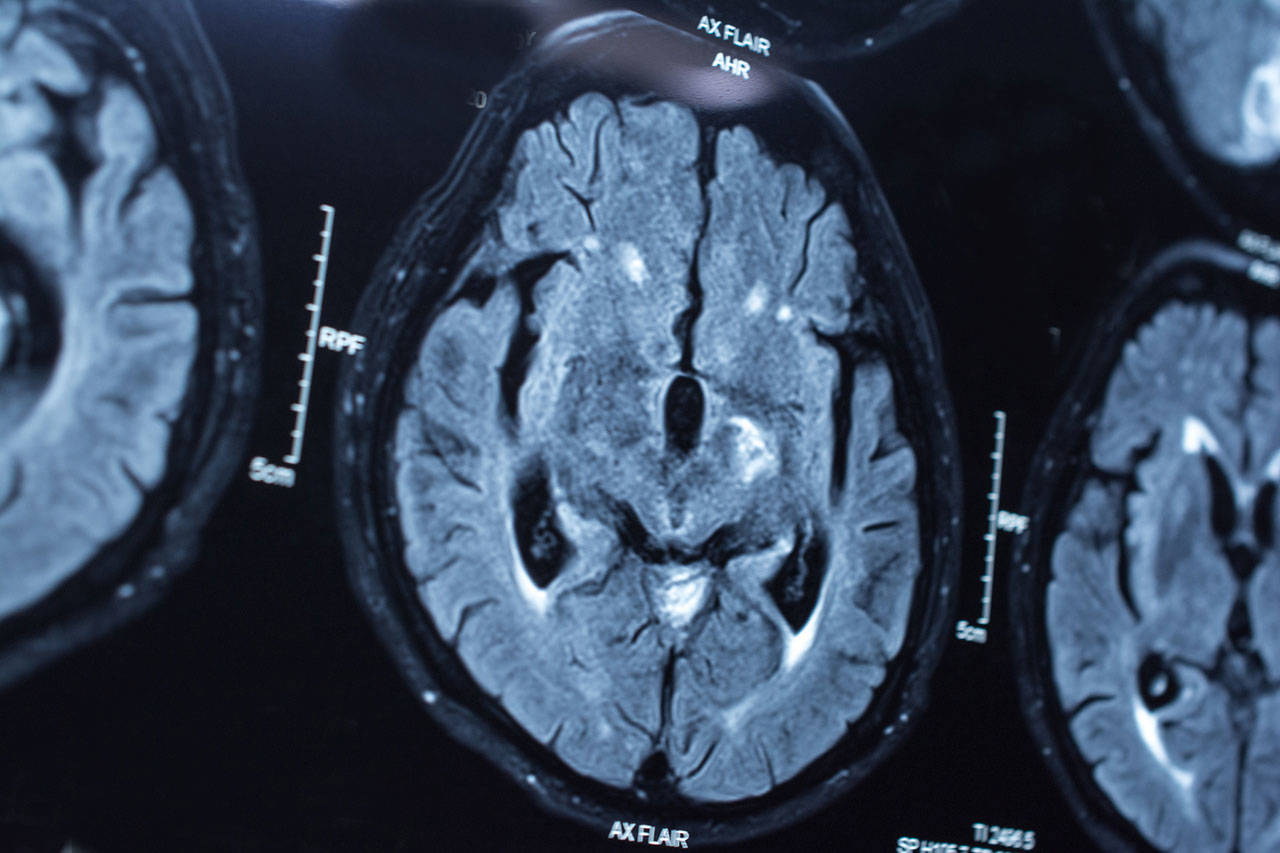By The Herald Editorial Board
The Hippocratic Oath that doctors take includes the mandate that in trying to do good for a patient, they do no harm.
All medical professionals will say they take that ethic to heart, but the realities of our health care system — where simple complaints from patients can easily lead to tests and procedures — mean that, in truth, there’s a lot of harm being done.
A recent study by the Washington Health Alliance, “First, Do No Harm,” details just how much harm has followed because of low-value, unnecessary and wasteful tests and procedures that are risking medical, emotional and financial trauma for patients.
The Washington Health Alliance is a nonprofit that since 2004 has brought together health care providers, insurers and many of the state’s public and private employers to examine issues of health care quality and affordability. The alliance has issued reports on overuse of emergency rooms, the state’s opioid crisis and health care spending.
The results of its “Do No Harm” report are stark.
An analysis of insurance claims for 1.3 million patients in the state in 2015-16 found that nearly half, 47.9 percent, received treatment that was medically unnecessary or of “low value,” totaling more than $282 million in wasteful spending on care for 622,000 patients in the state.
The preferred term among medical professionals may be “low value,” but Dr. Albert Fisk, chief medical officer for The Everett Clinic and a health alliance board member is more blunt: “It is waste,” he said during a meeting with alliance officials and the editorial board last week, and it should prompt reconsideration of the tests and procedures that are ordered among all concerned, including patients.
One of only three such examinations in the nation, the report looked at 47 common tests and treatments that are prone to overuse. Of those the study determined that 93 percent of overuse was attributable to 11 such procedures, including preoperative tests, lab studies before low-risk surgeries, too frequent screenings for cervical and prostate cancers, imaging for uncomplicated headaches, eye imaging for those without significant eye disease and others.
Fisk noted the overuse of CT scans for back pain, which often resolves itself within six weeks, and the prescription of antibiotics for ear infections and colds that aren’t effective treatments. But it’s often easier and quicker, Fisk said, to prescribe a pill than explain how unnecessary use of antibiotics is contributing to bacteria with greater resistant to antibiotics.
The alliance’s website offers a link to the full report, as well as an interactive map that shows results by county and community for the amount of waste for the 11 procedures.
The rate of waste for the 11 procedures for patients in Snohomish County — 48 percent — was close to the state percentage, but totaled $35.7 million in wasteful spending. Among the 11 examined procedures in the county, 82 percent of pre-operative baseline studies were found to have been unnecessary, accounting for $11.8 million of the wasteful spending. For eye imaging for county patients, 73 percent of the procedures were wasteful, and totaled $4.1 million in spending. While contributing only $372,000 to wasteful spending in the county, 95 percent of antibiotics prescribed for colds and ear infections was deemed wasteful.
As sobering as those numbers are, said Nancy Giunto, the alliance’s executive director, they only show the waste at the surface. The study didn’t look at the spending on tests and procedures that are often ordered to confirm the findings of the initial round of tests.
Dr. H. Gilbert Welch, a professor at The Dartmouth Institute, told National Public Radio in its coverage of the alliance report, that the waste seen in the report is inherent to a system that pays providers based on the tests and procedures that are ordered.
“Incentives matter,” Welch told NPR. “As long as people are paid more to do more they will tend to do too much.”
And too much is part of the reason health care spending is growing in the nation and the state. In Washington state alone, health care spending totaled $7 billion in 2011. By 2016, that figure had grown to $11.5 billion.
The harm is more than financial, though that should prompt enough concern among health care consumers who are seeing annual increases in health insurance premiums and are being required to pay higher deductibles.
Along with the financial harm, Fisk said, there are risks to patients because of unnecessary exposure to radiation from X-ray, CT and MRI imaging; risks of infection; and emotional harm from tests that return false positive results, requiring in more tests and leading to anxiety and stress.
Advocates among health care professionals and insurers have long called for a transition from paying by volume of individual services to a system that pays providers for health outcomes. The report recommends continuing that transition, but also encourages stakeholders to talk honestly about the waste in the system and take action to measure and reduce waste.
But there’s responsibility for patients too. The alliance report recommends consumers ask themselves and their health care providers five questions:
Do I really need this test or procedure?
What are the risks and side effects?
Are there simpler, safer options?
What happens if I don’t do anything?
How much does it cost, and what does my insurance cover?
As lawmakers at the state and federal level continue their debate as to how best to ensure health care coverage and delivery to Americans, there are steps that must be taken that will make that health care more affordable and responsive to the needs of patients.
Everyone needs to join in that oath: First, do no harm.
Read the report
Washington Health Alliance’s “First, Do No Harm” report on unnecessary medical procedures is available at tinyurl.com/DoNoHarmWHA. View the interactive map at tinyurl.com/WasteMapWHA.
Talk to us
> Give us your news tips.
> Send us a letter to the editor.
> More Herald contact information.

























